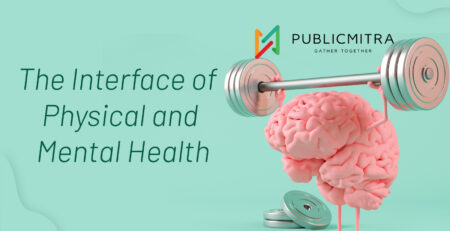Feeling Lonely!!! This Can Be An Added Advantage To Reach Your Goals Early In Life
In this hustle and bustle of our social lives, the value of being alone often goes unrecognized. People even despise being in this situation. Yet, there is immense power and beauty in solitude. It is in those moments of quiet isolation that we can truly discover ourselves, nurture our inner worlds, and find solace in our own company. Being alone brings with it a lot of advantages, it provides a space for self-reflection, introspection, and personal growth.
It offers a break from the noise and distractions of the external world, allowing us to delve deep into our thoughts, emotions, and dreams.
In a world that often emphasizes the importance of social connections and constant interaction, it’s easy to overlook the many advantages that may come with being alone. Embracing solitude can be a transformative experience that offers unique benefits for personal growth and well-being for some.
In the embrace of solitude, we can cultivate a profound sense of self-awareness, uncover our hidden strengths, confront our fears, and develop a stronger sense of identity. Moreover, being alone grants us the freedom to set our own pace, indulge in our passions, and pursue our interests without compromise or external expectations. It allows us to recharge, rejuvenate, and find inspiration in the quiet moments of stillness. From fostering creativity to promoting mental clarity, being alone nourishes our minds and souls, enabling us to navigate life with a renewed sense of purpose and perspective and leading to better prospects.
Increased Awareness of oneself leading to Better Mental Health:
Solitude can serve as an indicator of potential mental health issues. When individuals experience long periods of loneliness, it may force them to seek help and support, leading to early identification and intervention for mental health conditions such as depression or anxiety.
Motivation for Social Connection:
Loneliness can act as a catalyst for individuals to actively seek out social connections and build supportive relationships. It can push individuals to engage in activities, join communities, or seek professional help to alleviate their feelings of isolation.
It stimulates the individual with the need for social interaction and may help come out of introvertism.
Building Resilience and Self-Reflection:
Loneliness provides an opportunity for self-reflection. It may provide room for personal growth. It allows individuals to develop resilience and self-reliance, as they discover their own inner strengths and learn to cope with challenging emotions independently.
It gives personal space for your own thoughts and helps you realize what may work well for you and what might not.
Cultivating Empathy and Compassion:
Experiencing loneliness can increase empathy and compassion towards others who may also be struggling with feelings of isolation. It can create a deeper understanding of the emotional needs of individuals, leading to more compassionate healthcare practices.
Focus on Self-Care and Well-Being:
Loneliness can help individuals to prioritize self-care and well-being. It encourages them to engage in activities that promote physical and mental health, such as exercise, mindfulness, and pursuing personal interests, ultimately leading to overall improved physical and mental wellness.
We might have even seen or heard of saints and monks choosing isolation just to take control over all the earthly senses and pleasures. They understand life in this very own state. That is what solitude means to them. It can be defined uniquely for each one of us.
But as a health care professional, I would kindly advise not to seek the need for being alone if you suspect or have been diagnosed with any detrimental physical or mental ailment.
Remember seclusion and inclusion are the very basic forms of life. We need to learn our limits and at the same time be able to adapt to what life offers to us.












